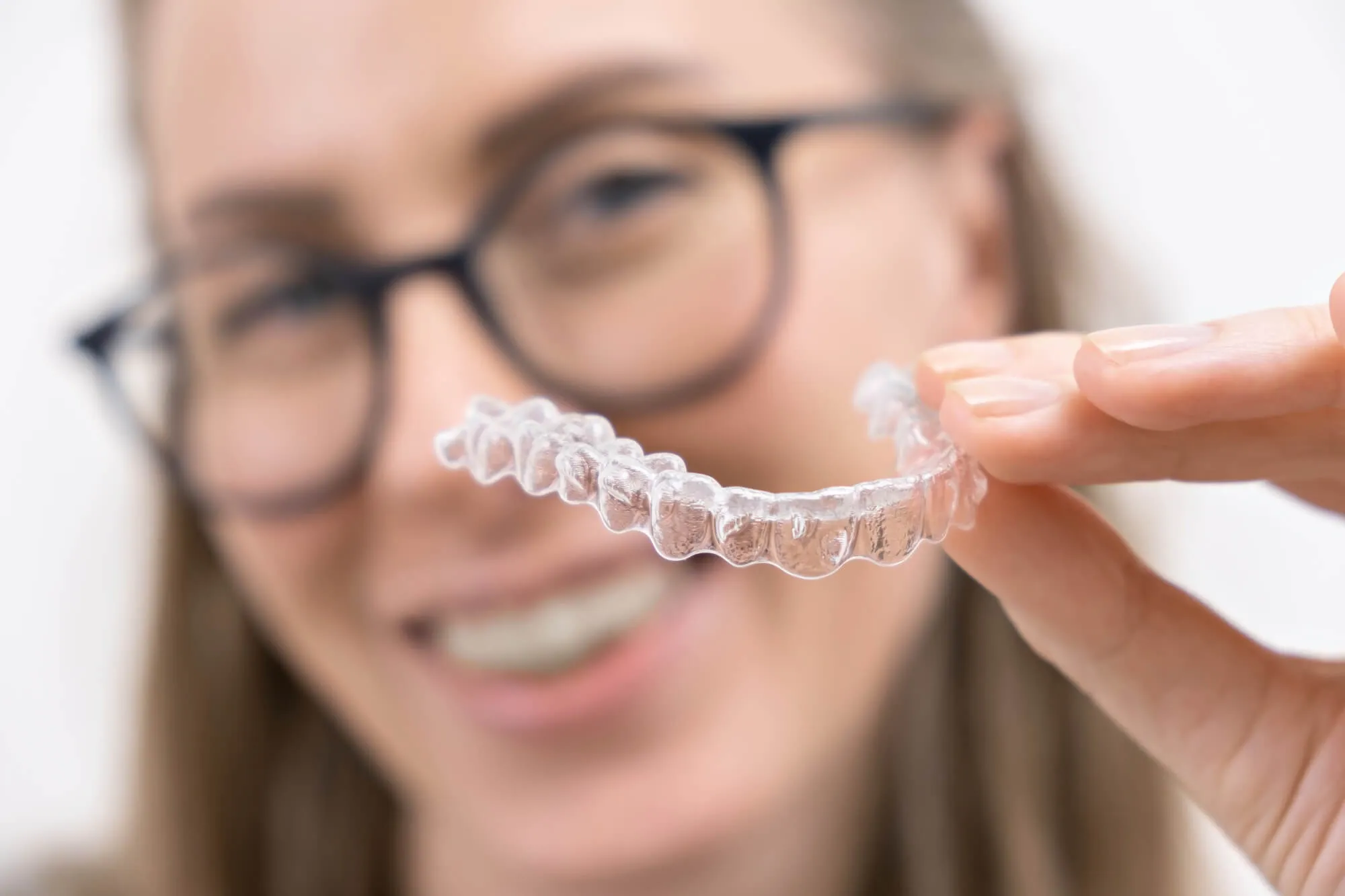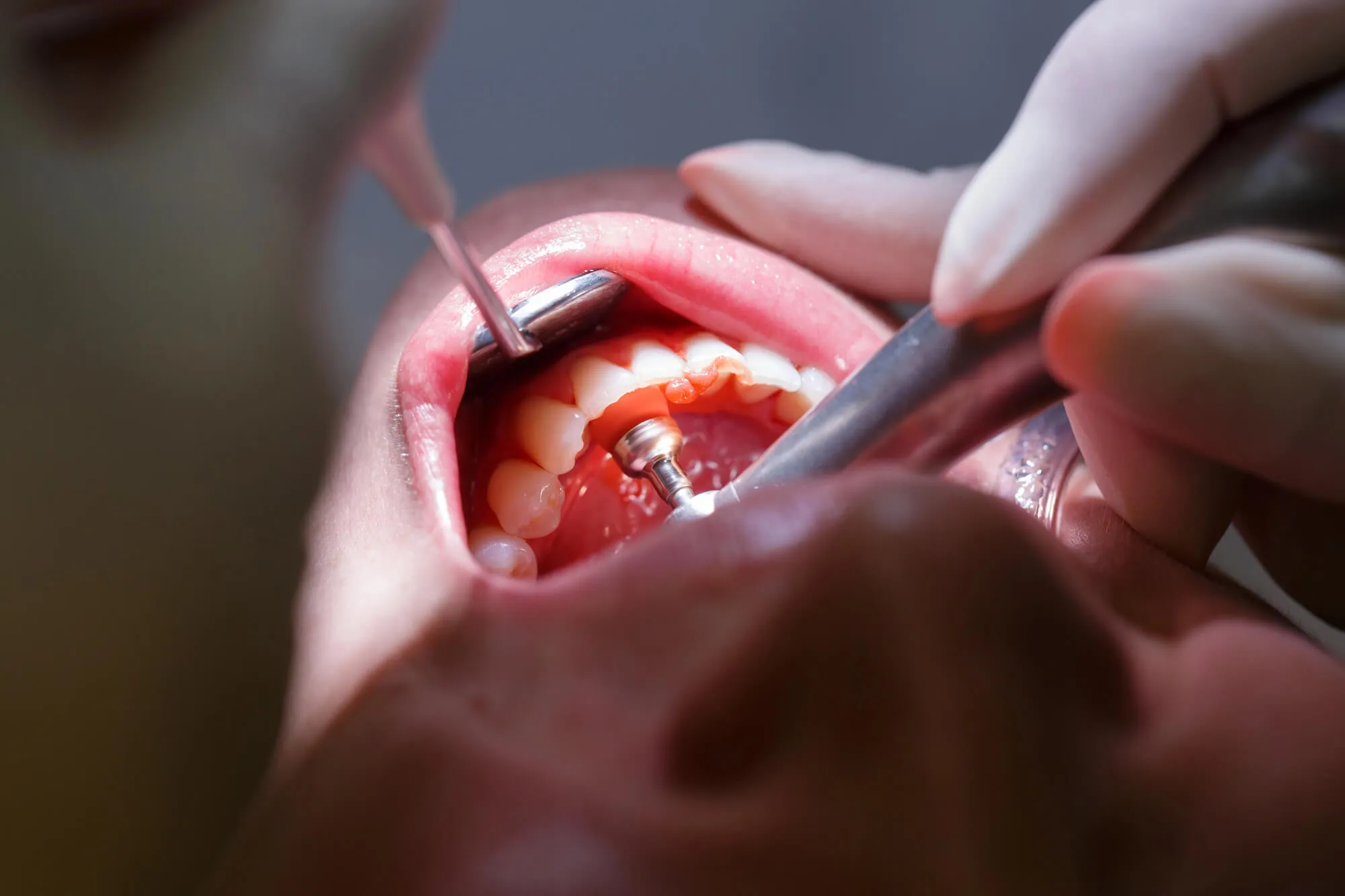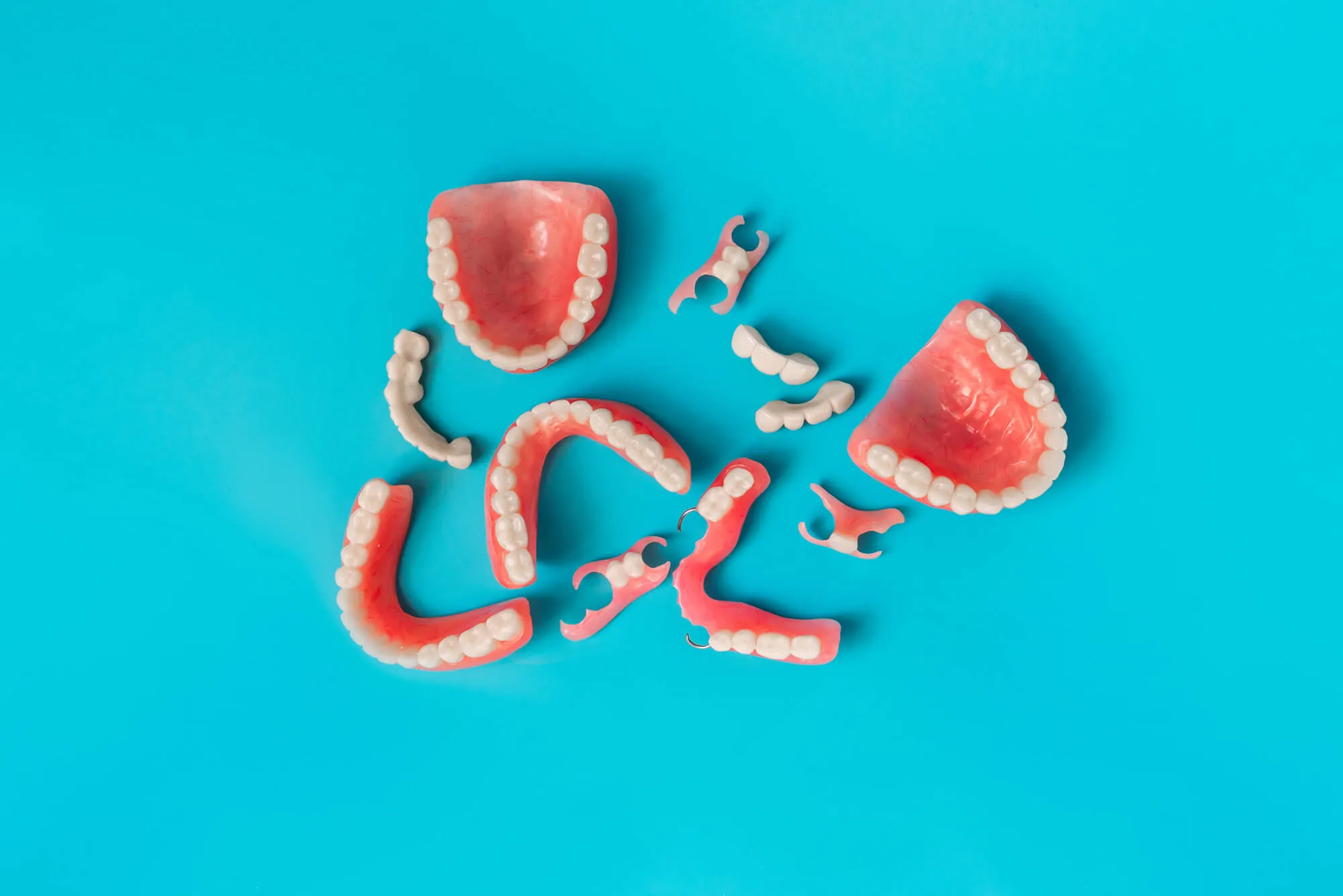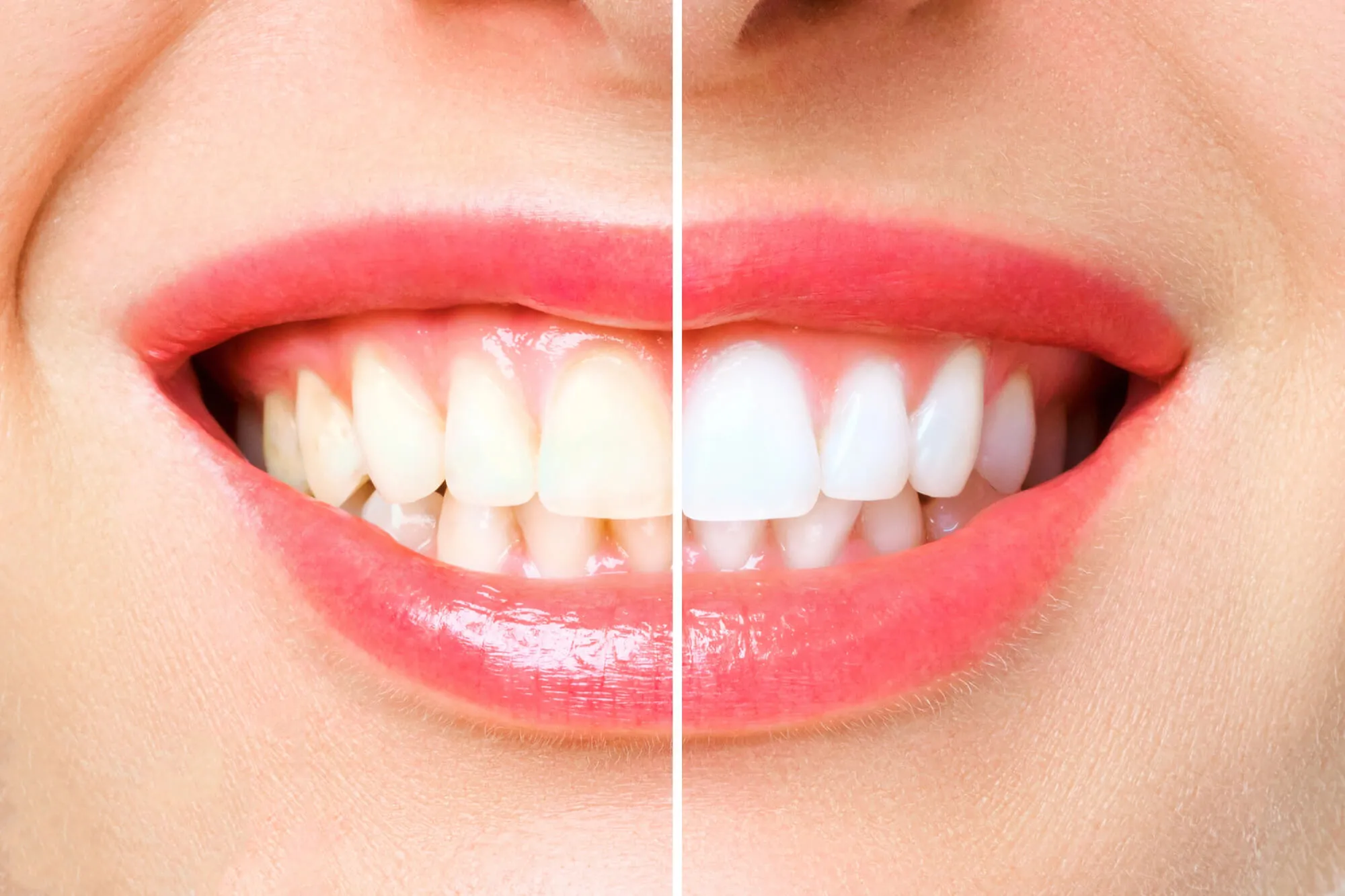7 Important Things to Share with Your Dentist at Every Appointment

Did you know that what you tell your dentist can make a big difference in your quality of care? Often, patients might overlook mentioning certain symptoms, habits, or changes in their health because they don’t realize how relevant these can be to oral health. However, these details can help your dentist in Victoria Park provide the best care tailored specifically to your needs.
Here are seven important things you should always share with your dentist at every appointment.

1. Any Changes in Your Medical History
Your overall and oral health are closely connected, so changes in your medical history can impact your dental care. Conditions like diabetes, heart disease, or autoimmune disorders can affect your gums, increase the risk of infections, and even slow down healing after dental procedures.
Medications you’re taking, such as blood thinners, can also affect how your dentist approaches treatment. By sharing updates to your medical history, you help your dentist anticipate any special care requirements and tailor your treatment plan.
Why It Matters
Certain health conditions can also change the appearance of your mouth or the way your body reacts to certain treatments. By keeping your dentist in the loop, they can monitor for signs of disease progression or symptoms that may manifest in the mouth.
2. All Medications and Supplements You’re Taking
Most patients don’t think to tell their dentist about the medications or supplements they’re on. However, these can directly impact your dental health. Medications for allergies, high blood pressure, or depression, for instance, can lead to dry mouth, which increases the risk of cavities and gum disease.
Some medications also increase bleeding tendencies, which can affect dental procedures. Even herbal supplements like ginkgo biloba or St. John’s wort can interact with anesthesia or other medications used during dental treatment.
Why It Matters
Knowing your current medication list allows your dentist to foresee potential complications and offer alternatives to help protect your teeth and gums. Based on your medication profile, they may also recommend extra precautions or specific oral hygiene practices.
3. Any Sensitivity, Pain, or Discomfort You’re Experiencing
It’s tempting to brush off minor sensitivity or pain, especially if it comes and goes. However, even mild symptoms could indicate a bigger issue, like a developing cavity, gum disease, or a cracked tooth. Informing your dentist about discomfort allows them to catch problems early on, often before they turn into more severe issues requiring extensive treatment.
Why It Matters
Tooth sensitivity can sometimes signal receding gums, thinning enamel, or other oral health concerns. Addressing these issues early can help prevent more serious conditions down the line and keep treatment minimally invasive.
4. Any Recent Changes in Your Daily Habits
Your daily habits play a significant role in your oral health, and any recent changes are worth mentioning to your dentist. For instance, you may notice more staining on your teeth if you’ve started drinking more coffee or tea.
Or, if you’re snacking frequently throughout the day, your dentist can advise minimizing sugar exposure and maintaining a cavity-free smile. They may also offer specific advice on how to counteract these habits to keep your teeth and gums healthy.
Why It Matters
Your mouth is impacted by the foods you eat, beverages you drink, and lifestyle choices. By sharing these habits, your dentist can give you helpful tips and preventive measures that fit into your daily routine.
5. Any Issues with Jaw Pain or Grinding (Bruxism)
Jaw pain, clicking, or grinding (known as bruxism) is something that many patients don’t bring up, yet it’s extremely relevant. These symptoms can indicate Temporomandibular Joint Disorder (TMJ) disorder or bruxism, which can lead to worn-down teeth, headaches, and even cracked teeth. Bruxism is especially common among people who experience stress or anxiety, and it can happen while you’re awake or asleep.
Why It Matters
Your dentist can recommend solutions such as mouthguards or relaxation exercises to help alleviate grinding and jaw pain. They can also examine your bite and suggest necessary adjustments, potentially preventing further issues with tooth wear or jaw alignment.
6. Any Concerns About Your Gums
Healthy gums are the foundation of a healthy smile, but many patients overlook subtle signs of gum issues. If you’ve noticed bleeding, swelling, tenderness, or a receding gumline, it’s essential to tell your dentist.
Gum disease is a leading cause of tooth loss and can be prevented or managed effectively when detected early. Sharing concerns about your gums can lead to treatments that protect your gums and the bones that support your teeth.
Why It Matters
Periodontal (gum) disease can progress without obvious symptoms until it becomes severe. If caught early, non-surgical treatments like scaling, root planing, or deep cleaning can help reverse gum disease and protect your smile.
7. Any Oral Hygiene Challenges You Face
Whether you struggle to floss daily, have questions about brushing techniques, or have difficulty maintaining a routine, your dentist is there to help!
Dental care isn’t always one-size-fits-all, and your dentist can recommend tools, techniques, or even products to make your routine easier and more effective.
For instance, if you have limited dexterity, your dentist might recommend floss picks, an electric toothbrush, or even water flossers to simplify cleaning.
Why It Matters
Good oral hygiene practices are crucial for maintaining healthy teeth and gums, and your dentist wants to ensure you have the tools and techniques you need to succeed. By discussing any challenges, you can work together to build a routine that works well for you, setting you up for long-term success in maintaining a healthy smile.
The Importance of Open Communication with Your Dentist
Being open and honest with your dentist is one of the best ways to ensure a positive outcome at every appointment. Even small details about your health, habits, and daily routine can make a big difference in the quality of care you receive.
Remember, your dentist is your partner in health, and they want to see you enjoy a lifetime of healthy teeth and gums.
So, at your next appointment, take a moment to share these seven important things. You might be surprised at how much they help your dentist customize your care for a more comfortable and effective experience.

Our Dentist in Victoria Park Can Help You Maintain a Healthy Smile
Building a relationship with your dentist and openly discussing your health and habits can make a big difference in your oral care. By sharing these seven essential details, you’re giving your dental team the insight needed to provide personalized care and prevent potential issues early.
Choosing a dentist who values your health and listens to your concerns is key to a positive dental experience. If you’re ready to prioritize your smile, the experienced team at 1500 Dental is here to help. Schedule your appointment today to receive personalized, high-quality dental care.













